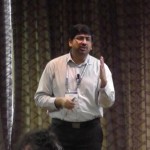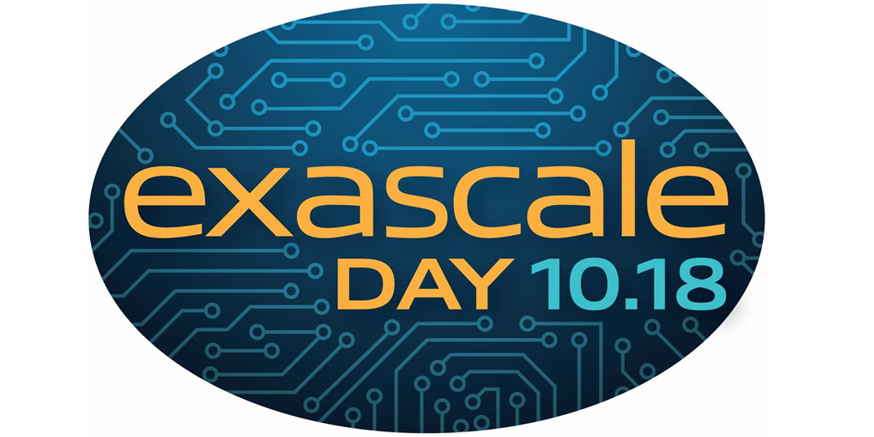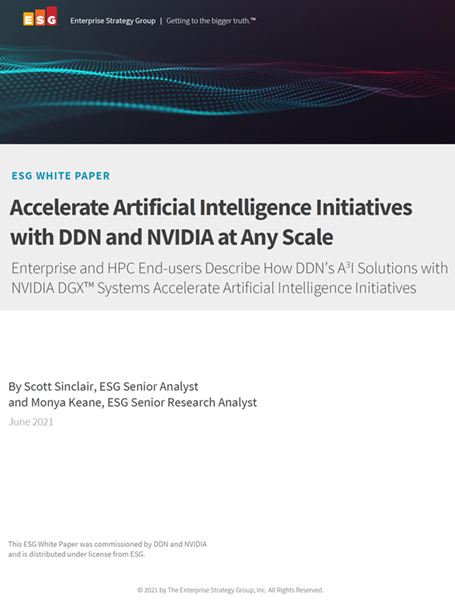“Modern Cosmology and Plasma Physics codes are capable of simulating trillions of particles on petascale systems. Each time step generated from such simulations is on the order of 10s of TBs. Summarizing and analyzing raw particle data is challenging, and scientists often focus on density structures for follow-up analysis. We develop a highly scalable version of the clustering algorithm DBSCAN and apply it to the largest particle simulation datasets. Our system, called BD-CATDS, is the first one to perform end-to-end clustering analysis of trillion particle simulation output. We demonstrate clustering analysis of a 1.4 Trillion particle dataset from a plasma physics simulation, and a 10,240^3 particle cosmology simulation utilizing ~100,000 cores in 30 minutes. BD-CATS has enabled scientists to ask novel questions about acceleration mechanisms in particle physics, and has demonstrated qualitatively superior results in cosmology. Clustering is an example of one scientific data analytics problem. This talk will conclude with a broad overview of other leading data analytics challenges across scientific domains, and joint efforts between NERSC and Intel Research to tackle some of these challenges.”
Sponsored Guest Articles
How Supercomputing at a Billion Billion Calculations Per Second Is Changing the World
[SPONSORED GUEST ARTICLE] How exascale systems have been stood up has been recounted in detail, as has the dramatic moment when Frontier achieved exascale status. Now the focus has shifted to the work research organizations are doing with exascale, how it’s actually changing the world ….
White Papers
Accelerate Artificial Intelligence Initiatives with DDN and NVIDIA at Any Scale
In this whitepaper, DDN and NVIDIA invited ESG to interview several of their joint customers that have been running production AI environments to better understand their needs and to confirm the value that DDN and NVIDIA are providing. ESG research sheds light on the rapid rise of AI initiatives among businesses, including how businesses are leveraging AI to create value. Business have been rapidly investing in AI and ML projects because they work.
 Featured RSS Feed
Featured RSS Feed
- Why FinOps Needs DataOps ObservabilityIn this special guest feature, Chris Santiago, Vice President/Solutions Engineering, Unravel Data, talks about controlling cloud spend through three phases of the FinOps lifecycle.
 More News from insideAI News
More News from insideAI News
- Outreach Redefines Sales Prospecting with Launch of AI Prospecting Agents
- Four Ways to Exponentially Multiply Your Enterprise AI Success
- Capital One Survey Around AI Readiness
- NetApp’s 2024 Data Complexity Report Reveals AI’s Make or Break Year Ahead
- New Advancements in GenAI are Warding Off an AI Winter
- How the Age of Generative AI is Changing a CISOs Approach to Security
- The Imperative of Data Curation




